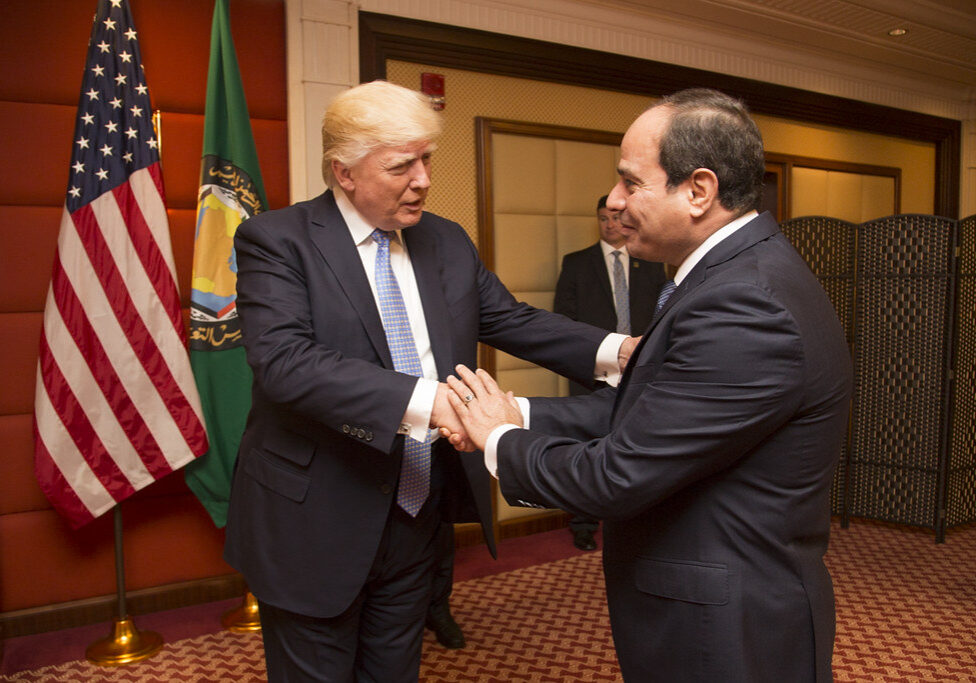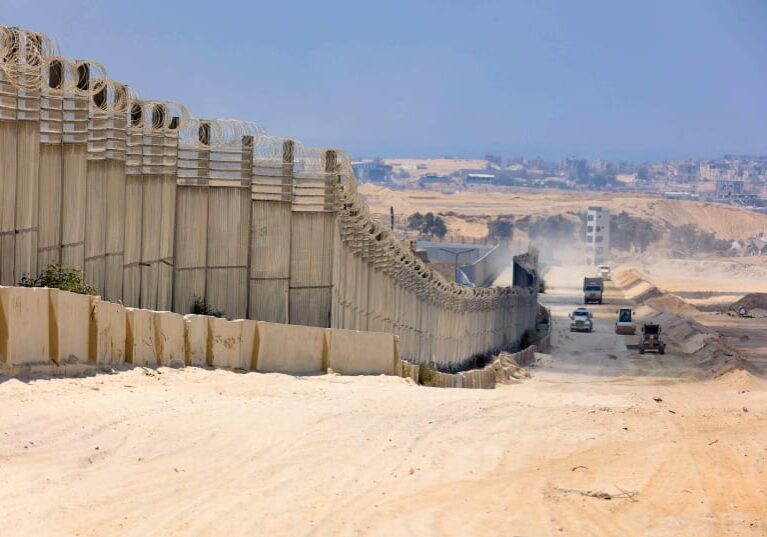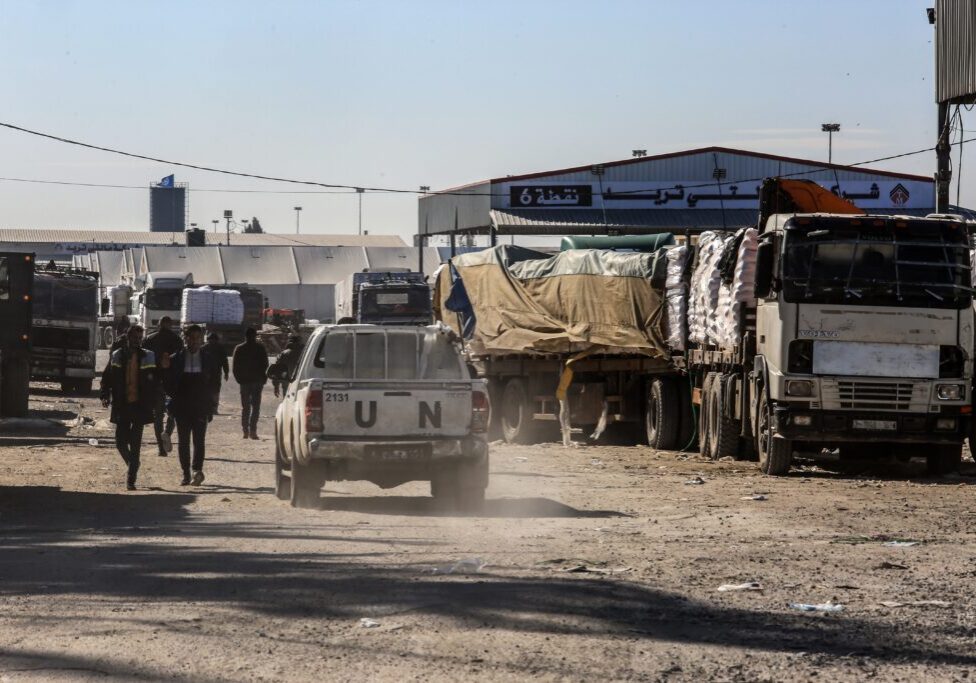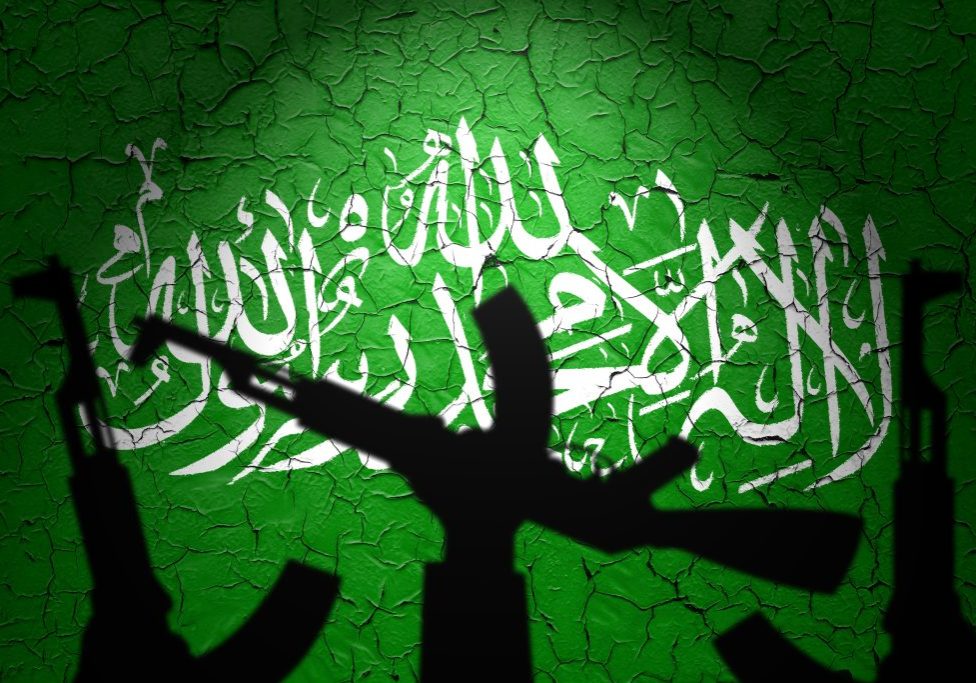Australia/Israel Review
Behind Closed Doors
Dec 20, 2010 | Uzi Rabi
By Uzi Rabi
American diplomatic accounts of conversations with various Arab leaders, released this past month by WikiLeaks, draw a stark outline of the new geopolitical situation in the Middle East. Many regional and international leaders, the documents show, are not focused primarily on Israel’s traditional struggle with the Arab states and the Palestinians. Rather, their more immediate and acute concerns are with the prospect of a nuclear Iran, creating tensions between the moderate Arab camp (the Arab Gulf states, Egypt and Jordan) and other Middle Eastern actors (Iran, Syria, Hezbollah, Hamas, and to some extent, Turkey).
The WikiLeaks documents call attention to a yawning rift that has opened up between the Arab states adjacent to the Persian Gulf and Iran. Arab leaders are concerned about Iran’s nuclear program, and their opinions of the Shi’ite state and its president, as cited by American diplomats and officials, reveal suspicion and animosity reinforced by deeply-rooted religious (Sunni vs. Shi’ite) and ethnic (Arab vs. Persian) divisions.
Gulf leaders are quoted as urging the United States to attack Iran as quickly as possible. Saudi King Abdullah was particularly graphic, calling on Washington to “cut the head off of the snake.” Economic sanctions were preferable, he said, but “the use of military pressure against Iran should not be ruled out.” Two years ago, Saudi Foreign Minister Prince Saud al-Faisal went as far as proposing an Arab-led military force to destroy Hezbollah in order to prevent an “Iranian takeover of Lebanon.” In December 2005, United Arab Emirates Crown Prince Muhammad bin Zayid told US CENTCOM head, Gen. John Abizaid, that the Iranians had to be “dealt with before they do something tragic.” UAE military leaders were quoted as agreeing with the Americans that “President Ahmadinejad seemed unbalanced, crazy even.” Crown Prince bin Zayid called Ahmadinejad “Hitler” and pressed for an Israeli attack against Iran.
Earlier this year international media sources revealed that Israel and Saudi Arabia had engaged in secret talks, in which Saudi Arabia implied that it would turn a blind eye if Israel were to use the Saudi desert as a fly-over corridor to attack Iran’s nuclear facilities. Barring such an attack, nuclear Iran would become a regional superpower able to pressure Gulf states to line up behind it; it could serve as a source of inspiration and support for radical groups in the Gulf states and beyond; and a regional nuclear arms race would likely ensue.
In response, Iran released a statement dismissing the documents as US propaganda, and claimed that relations with its Gulf neighbours will not be affected. However, this seems unlikely: The WikiLeaks disclosures have widened the deep-rooted divisions between the Arab Gulf states, especially Saudi Arabia, Kuwait, and Bahrain (the Upper Gulf states), and Iran, which does not bode well for Arab-Iranian and Sunni-Shi’ite relations in the coming year.
The WikiLeaks documents also shed light on the ongoing military and diplomatic cooperation between Iran and Turkey, suggesting the beginnings of a new axis in the region. The documents do note that while Turkey is drawing nearer to the Muslim Middle East, this does not necessarily imply an end to its relationship with the United States. Nonetheless, the strains between Ankara and Washington reverberate throughout the documents and beyond. For example, one document states that Prime Minister Recep Tayyip Erdogan holds eight private bank accounts in Switzerland. He vehemently denied the claim and accused the American diplomat who wrote it of slander; Turkey quickly accused the US of deliberately leaking them and, like Iran, dismissed their publication as American propaganda. The deputy leader of Erdogan’s Justice and Development Party (AKP), Huseyin Celik, went as far as accusing Israel of engineering the leak in order to weaken the Turkish government. Still, Erdogan’s political enemies are making the most of the revelations.
While Israel has possessed a nuclear capability for over 40 years, WikiLeaks documents show that it is Iran’s nuclear ambitions that currently worry Arab states: for them, the prospect of two Middle Eastern nuclear powers in confrontation with one another is positively frightening.
For Israel, the documents – which refer to Mossad chief Meir Dagan’s encouraging the US to organise a coup in Iran – are embarrassing in some respects, but not necessarily damaging. There are relatively few references to the Israeli-Palestinian conflict in the documents, and the issue has taken a back seat to nuclear Iran in recent Arab-American diplomatic discussions. The Arab states’ deep fear of Iran’s regional ambitions, which are a source of inspiration to its clients, Hamas and Hezbollah, outweighs their concern with the intractable, but not immediately threatening Israel-Palestinian issue. Nonetheless, although the Israeli-Palestinian issue is on the diplomatic backburner, we should not expect Arab leaders to cease pointing to Israel as the culprit responsible for the failure to achieve an Arab-Israeli peace. Moreover, they insist on the existence of linkage – i.e. that successful pressure on Israel in order to achieve a peace agreement will strengthen them in their efforts to combat Iran’s bid for regional hegemony.
Israel should not grow complacent because of the relatively positive light in which it is portrayed in the American diplomatic documents. Rather, it should take a close look at the documents’ revelations concerning the changing geostrategic calculations in the region and seek to forge alliances – even partial or tacit ones – based on common vital strategic interests.
In reading between the lines of their conversations with American diplomats, Arab leaders seem to view the Obama Administration’s insistent focus on the Israeli-Palestinian conflict as coming at the expense of blocking Iran’s rising power. Together with what they view as administration impotence in affecting a change in Israeli policies, Arab states essentially confer a grade of “Poor” on Washington’s overall performance in the Middle East. The dwindling confidence in US leadership on the part of America’s traditional Arab allies may eventually lead to the emergence of new constellations of power in the region.
More generally, the WikiLeaks episode is likely to damage the conduct of diplomacy in the Middle East, as diplomats are apt to be much less candid with one another for fear of further leaks. A short-term side effect could be the hindrance of multi-national efforts within the Middle East and beyond in dealing with problems like counter-terrorism and money laundering, because the documents have exposed channels of cooperation between intelligence agencies, which will be difficult to recreate. Overall, whereas the WikiLeaks documents reveal very little that was not already known, they depict the Middle East as a region at a strategic and diplomatic crossroads.
Dr. Uzi Rabi is a Professor in the Department of Middle Eastern and African History at Tel Aviv University. © Tel Aviv Notes, reprinted by permission, all rights reserved.
Tags: Egypt






